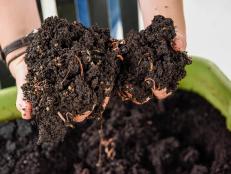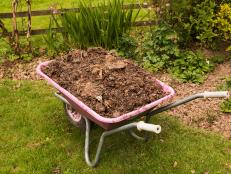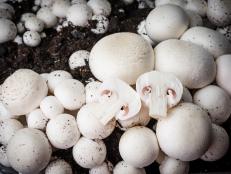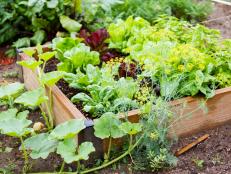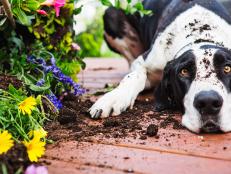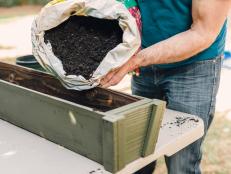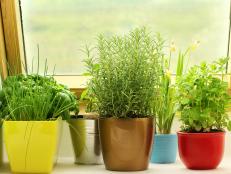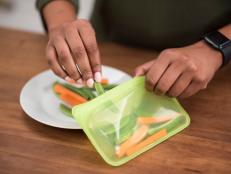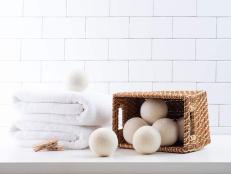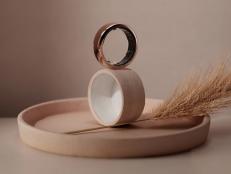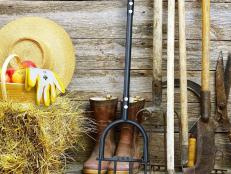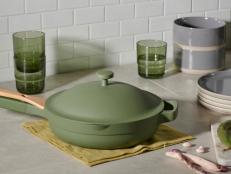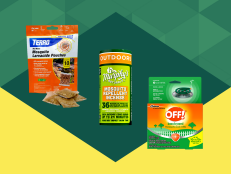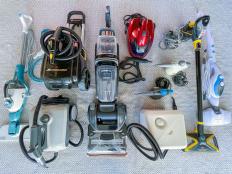Worm Cocoons

Earthworms are arguably the most important creatures that inhabit the garden. They go about their business quietly munching on decaying organic matter. Then they enrich the soil with their nutrient-packed castings, and they do it all without harming a single, solitary living thing along the way. Believe it or not, one acre of cultivated land can be home to as many as 500,000 earthworms--in particular, the four-inch-long, pale red garden worm often called "nature's plow" because of its ability to loosen heavy clay soil. Sadly, though, many soils have few if any earthworms because the soils have been fed a diet rich in synthetic chemicals for years.
"But even if your soil's earthworm population has declined, you can release a fresh batch of wrigglers without even having to touch them," says master gardener Paul James. "Of course, you'll have to stop using synthetic chemicals first, but after you do that, get some earthworm eggs. James ordered some through the mail. Each egg contains an earthworm sound asleep in a cocoon. To wake them up, all you have to do is plant the cocoon. Poke a hole in the soil roughly three to four inches deep; drop in a cocoon and cover. You don't even have to water them.
"You can also hatch the earthworms indoors, but my wife wasn't all that keen about the idea of having a bunch of little worms in the house, and I really can't blame her." Besides, James says the process is a good deal more tedious and outdoor planting works just as well.
Once your worms arrive in the mail, put them in the refrigerator to keep them alive until you're ready to plant them in the ground. Try to get them into the ground within a few days.
"And you might want to let your family and friends know what they are in case someone thinks they're capers and decides to add them to a salad," says James.






